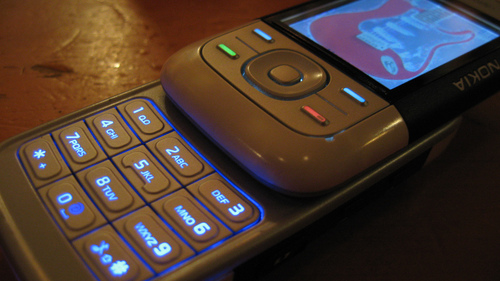Like young people in any country, Brazilian children and teenagers crave technology; now, with higher salaries and credit widely available, their parents finally have the means to provide it. Computers and home theater setups are seen as a high-status item, so given a limited number of monthly payments each family can make, these items may outrank new furniture or kitchen appliances, and may be much more affordable than an expanded home. That results in the sometimes discordant visual— a rundown, overcrowded home with gleaming new electronics.
Brazilians are an inherently communicative people, so a cell phone is a virtual necessity for most young people. The phones themselves are relatively cheap, although iPhones or Blackberries are almost nonexistent among the middle class. The minutes are expensive, so text messaging is the top means of communicating and conversations are often cut short.
Given the growing momentum of the middle class – and with so many homes still without internet access – there’s no sign that the tech-obsession will abate. But as is evidenced by the way Brazilians switch SIM cards from different companies depending on the call they have to make, or how they pore over department store ads to see what their monthly payment would be, it is clear that brand loyalty is not the major concern – cost is.
Panoramic View: Status is a powerful motivator in emerging markets. Brazil’s expanding middle class coupled with an insatiable desire for tech gadgets, internet connectivity and the desire to bask in the glow of a home theater is an open invite to electronics retailers to build a brand presence. The medium to deliver the deals? Text message.

